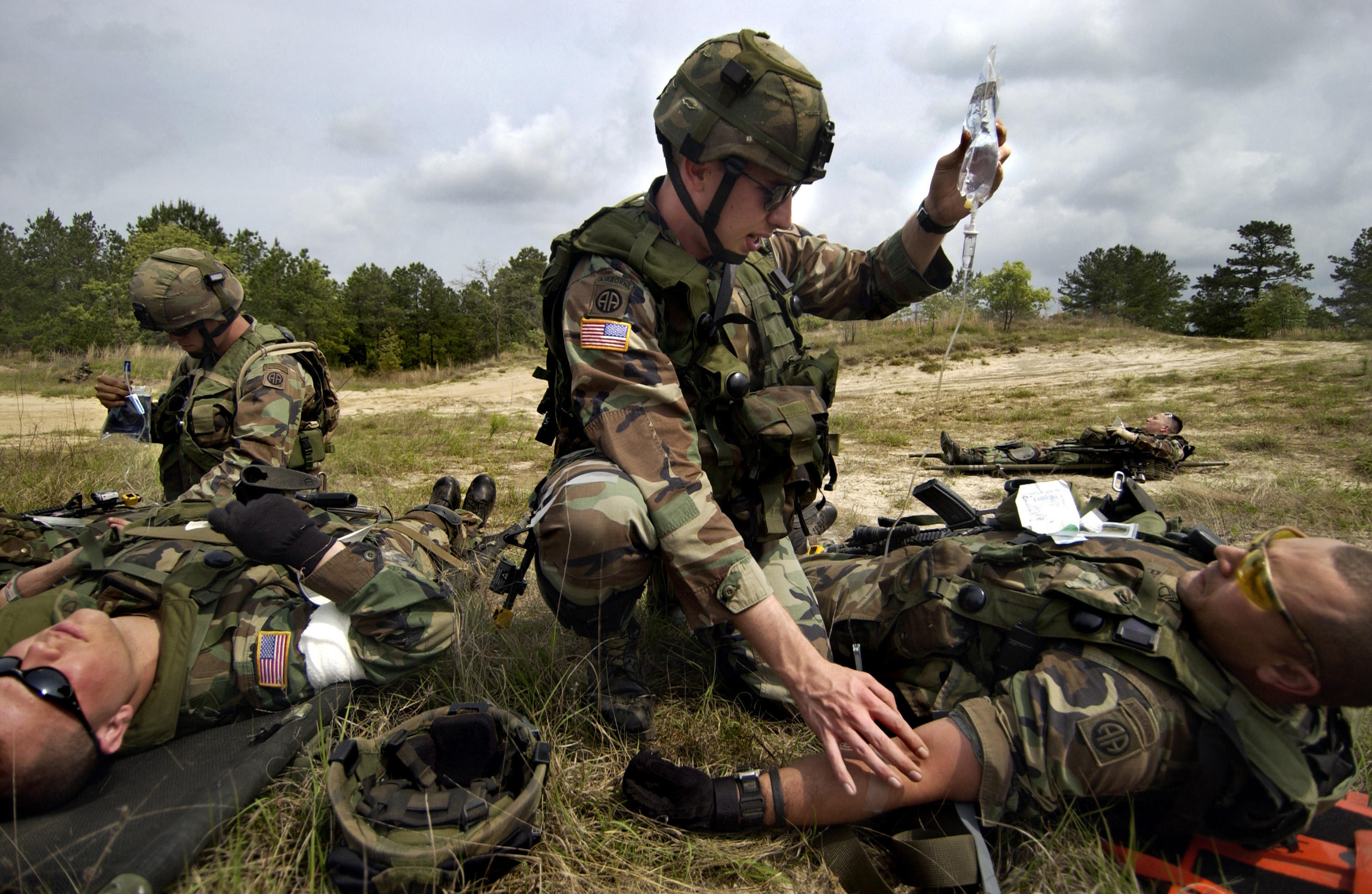Whenever soldiers go to war, there’s always a high probability of mass casualties. Field medics often lose patients despite their best efforts due to the short amount of time they have to work with. Called the “golden hour,” it’s basically the 60 minutes or less that medics have to save a life. This is what the Department of Advanced Projects Agency (DARPA) wants to exchange by altering the biology of soldiers.
For the longest time, the main goal of the Department of Defense with regards to medical response on the battlefield was to speed up the process of treating wounded soldiers, Futurism notes. This involved developing more efficient practices, better equipment, and improving training. However, at some point, responders have to deal with the ceiling that is time.
The human body can only withstand so much before it shuts down and this often happens because human physiology simply can’t keep up with the amount of damage. At least, not in a natural way.
Launching a new initiative called the Biostasis program, DARPA intends to extend the amount of time that soldiers have that will allow medics to work on their wounds by essentially altering their biology. This process isn’t at all unnatural, either, with several other species actually being capable of altering their bodies on a cellular level to achieve any number of purposes.
Tardigrades, for example, are microscopic organisms capable of surviving extreme temperatures and conditions. They do so by manipulating their cells so that they can avoid death via dehydration and freezing, Engadget reports.
This is what the Biostasis program will attempt to effect on the biology of soldiers. By stabilizing their cells, the hope is that medics will have much longer to address the damage done to patients, thus increasing the chances that veterans will be able to come home.
If the program proves successful, it could eventually make its way to civilian hospitals. This will then help to prevent deaths caused by accidents or violent actions.



 FDA Lifts REMS Requirement for CAR-T Cell Cancer Therapies
FDA Lifts REMS Requirement for CAR-T Cell Cancer Therapies  Eli Lilly’s Inluriyo Gains FDA Approval for Advanced Breast Cancer Treatment
Eli Lilly’s Inluriyo Gains FDA Approval for Advanced Breast Cancer Treatment  SpaceX’s Starship Completes 11th Test Flight, Paving Way for Moon and Mars Missions
SpaceX’s Starship Completes 11th Test Flight, Paving Way for Moon and Mars Missions  Trump Administration to Launch Autism Initiatives Targeting Acetaminophen Use and New Treatment Options
Trump Administration to Launch Autism Initiatives Targeting Acetaminophen Use and New Treatment Options  SpaceX Starship Test Flight Reaches New Heights but Ends in Setback
SpaceX Starship Test Flight Reaches New Heights but Ends in Setback  Astronomers have discovered another puzzling interstellar object − this third one is big, bright and fast
Astronomers have discovered another puzzling interstellar object − this third one is big, bright and fast  Neuralink Plans High-Volume Brain Implant Production and Fully Automated Surgery by 2026
Neuralink Plans High-Volume Brain Implant Production and Fully Automated Surgery by 2026  Senate Sets December 8 Vote on Trump’s NASA Nominee Jared Isaacman
Senate Sets December 8 Vote on Trump’s NASA Nominee Jared Isaacman  Trump and Merck KGaA Partner to Slash IVF Drug Costs and Expand Fertility Coverage
Trump and Merck KGaA Partner to Slash IVF Drug Costs and Expand Fertility Coverage  Neuren Pharmaceuticals Surges on U.S. Patent Win for Rare Disorder Drug
Neuren Pharmaceuticals Surges on U.S. Patent Win for Rare Disorder Drug  Tabletop particle accelerator could transform medicine and materials science
Tabletop particle accelerator could transform medicine and materials science  Trump Signs Executive Order to Boost AI Research in Childhood Cancer
Trump Signs Executive Order to Boost AI Research in Childhood Cancer 































